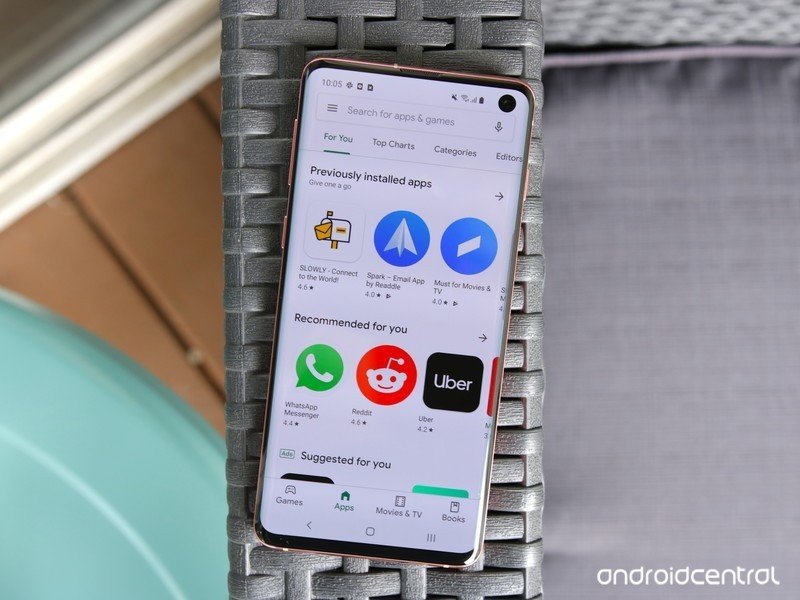Both Apple and Google have seen developers criticise them over their app store hosting fees.

What you need to know
- Google will start enforcing the rule that requires developers to go through the Play Store for in-app purchases.
- Apps like Tinder and Spotify have been side-stepping this for years.
- The changes are expected as soon as next week.
Google and Apple have come under scrutiny over their app store fees this year, and the former is set to double down on them. While many apps in the Play Store which use in-app purchases go through Google’s payment systems, some companies do not. Tinder most notably switched away from the Google Play billing system last year, offering users a discount if they used their own credit cards.
A report from Bloomberg today says that Google will now be more strictly enforcing this rule. Developers who are not in compliance will be urged to update their apps to bring them in line. Aside from the afor-mentioned Tinder, popular apps like Spotify and Netflix had ignored the Google Play billing system for their own solutions.
A Google spokesperson told Bloomberg:
As an open platform, Android allows multiple app stores. In fact, most Android devices come with at least two stores right out of the box, and users can install others. For developers who choose to distribute their apps on Google Play, our policy has always required them to use Play’s billing system if they offer in-app purchases of digital goods. We are always working with our partners to clarify these policies and ensure they are applied equitably and reasonably.
In essence, Google is saying that it’s fine if you want to ship your app in another ap store and use whatever payment method you want. If you’d like to use the Google Play Store though, you should follow its rules.
Google is expected to push this requirement out next week and give developers time to make the required changes.
